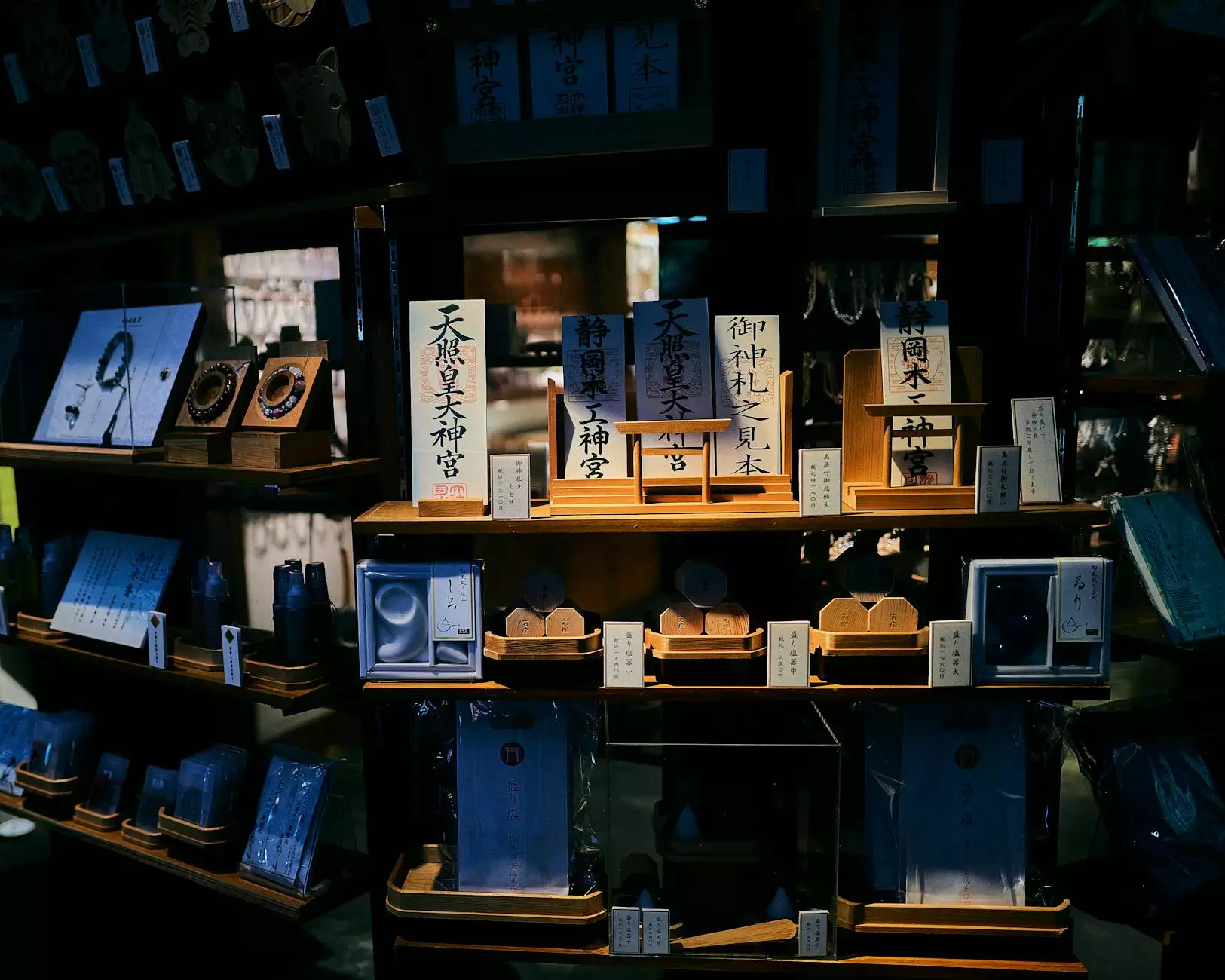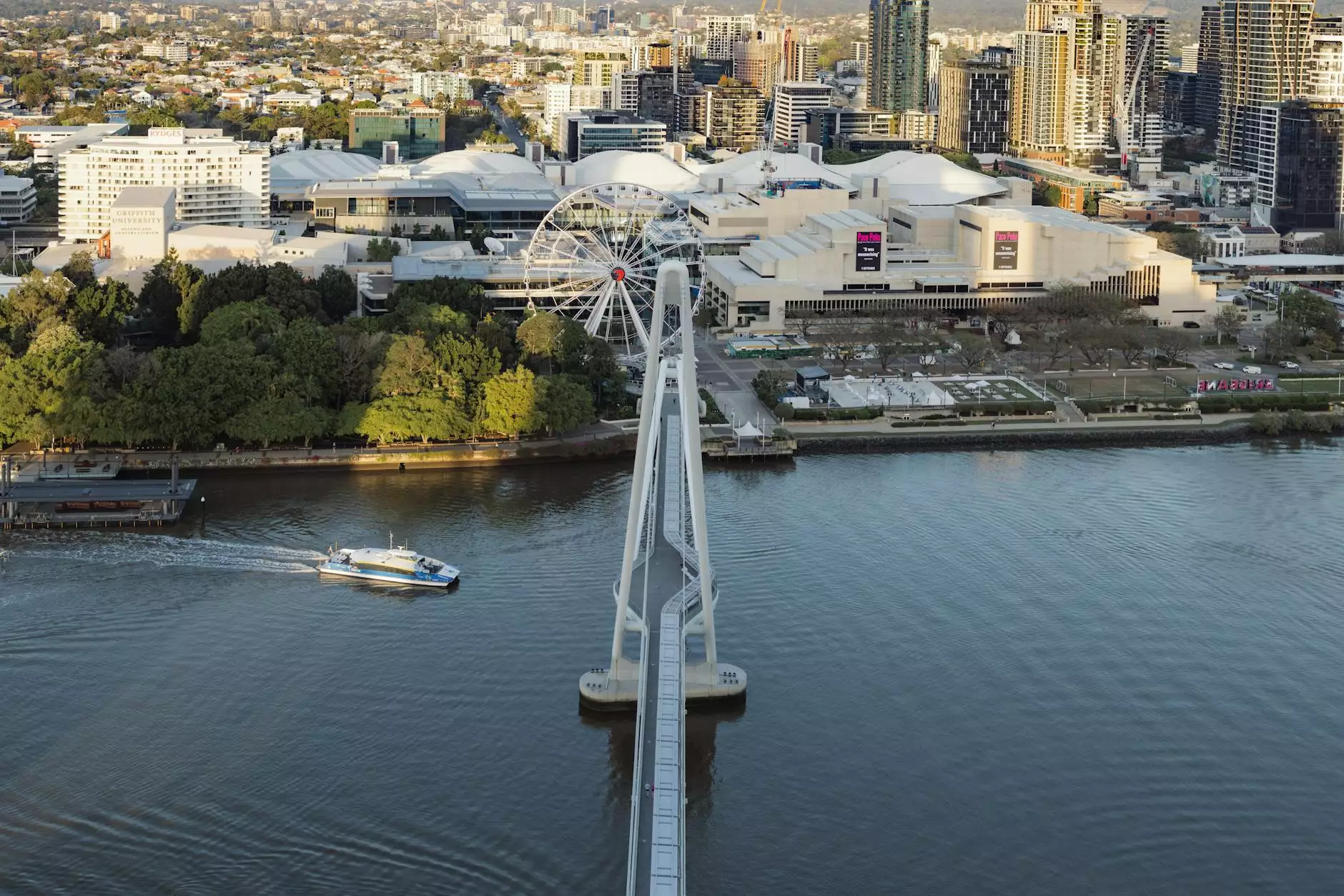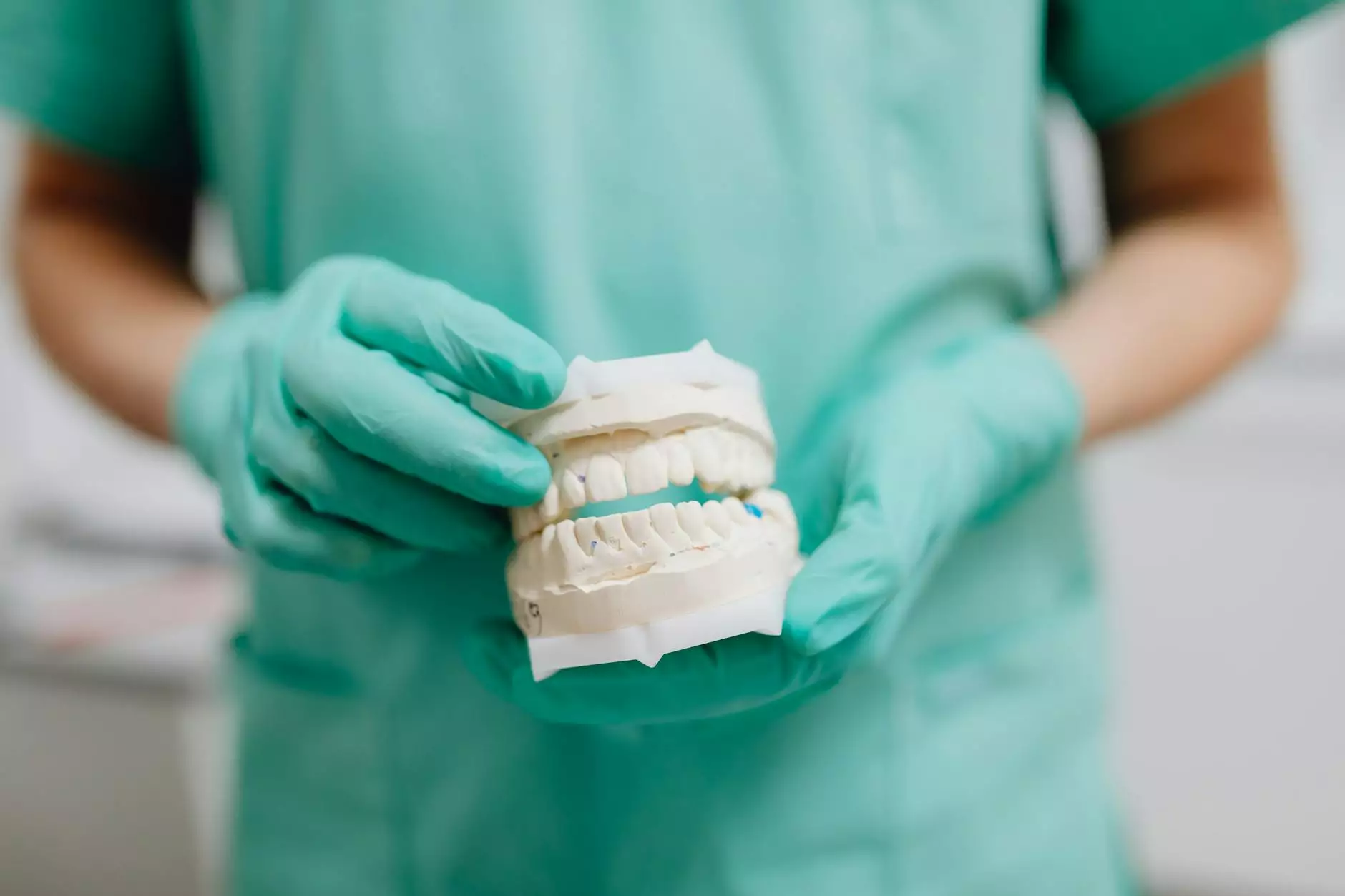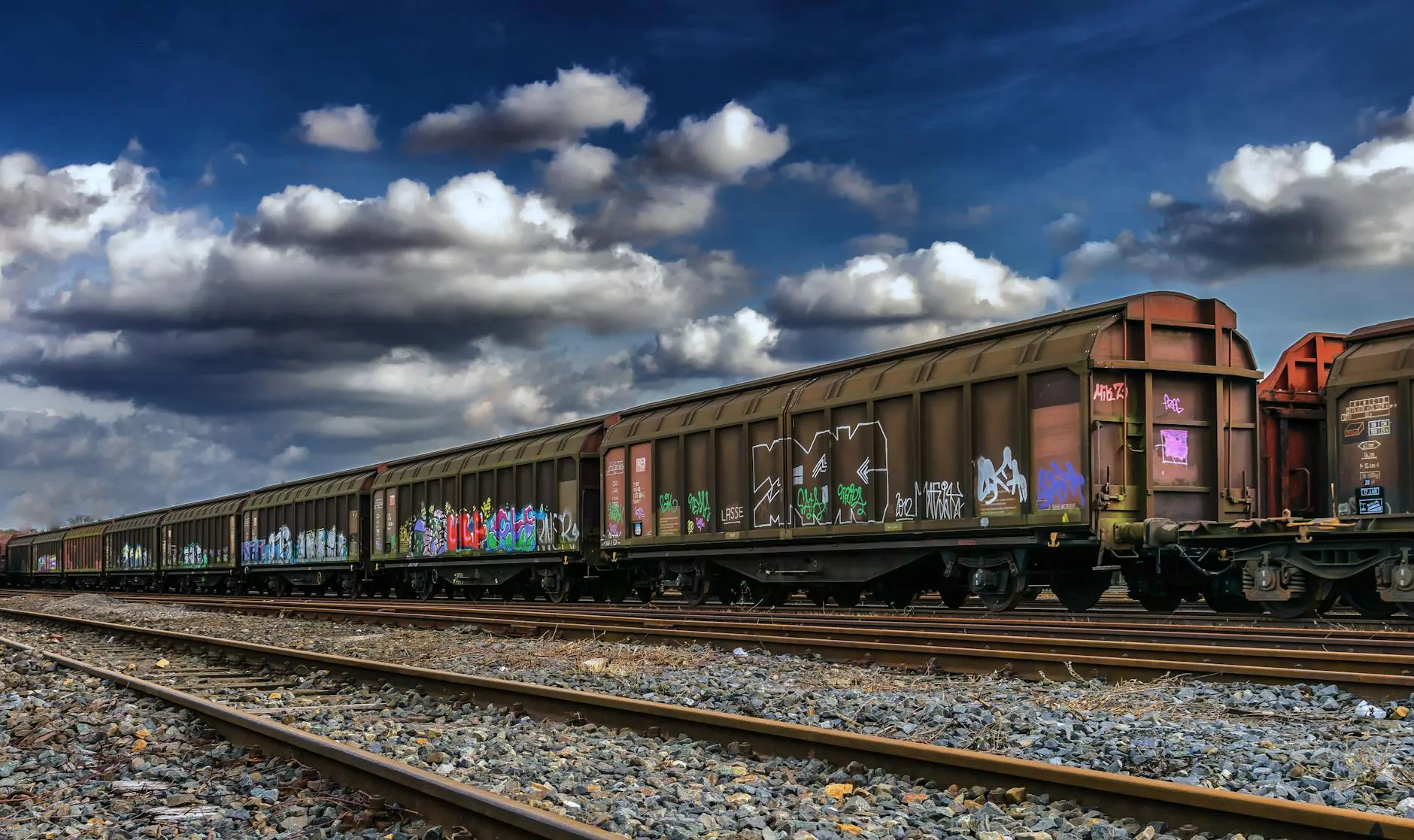The Essential Guide to Water Cleaning Equipment for Businesses
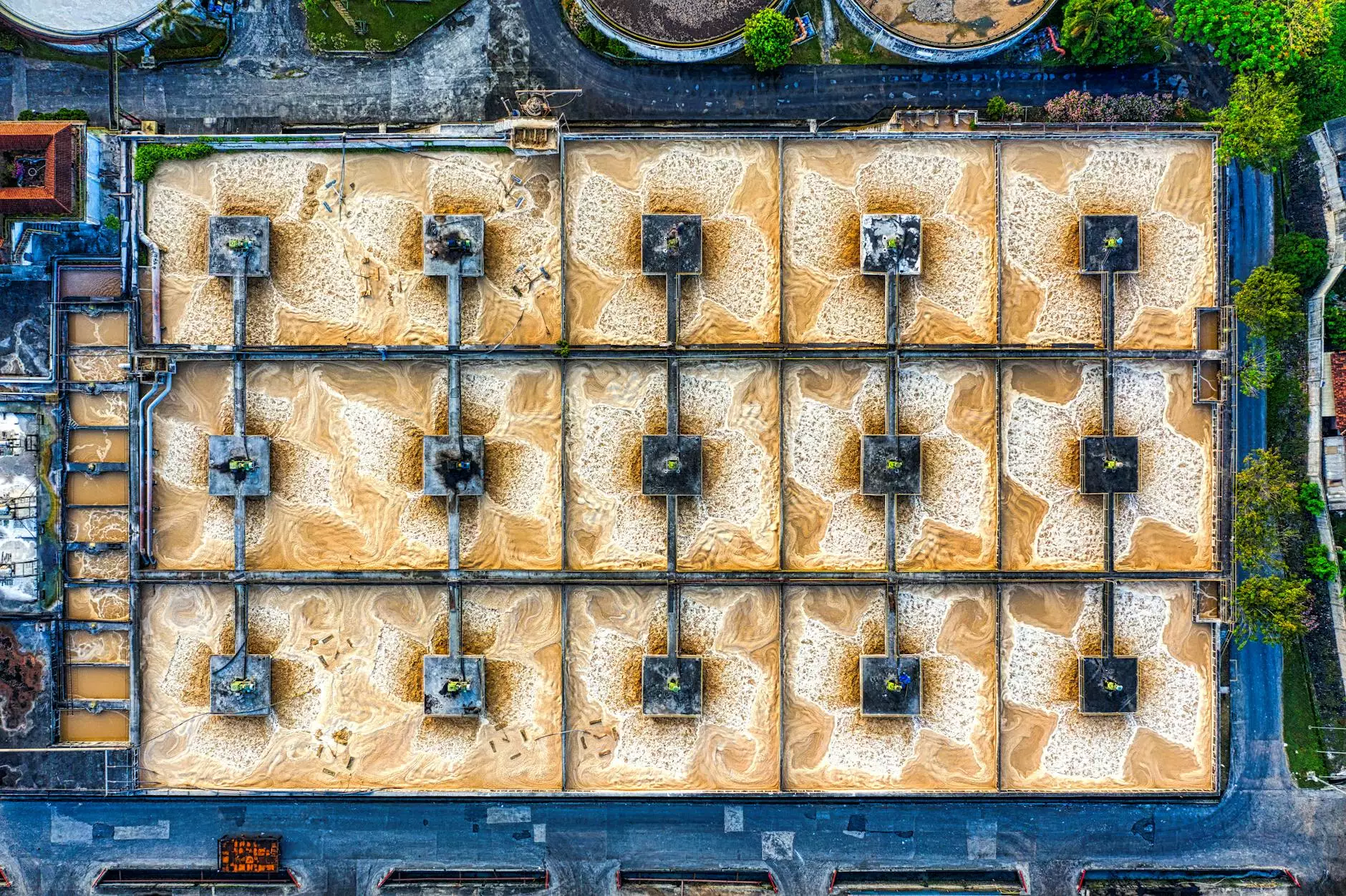
In today’s industrial landscape, the importance of water cleaning equipment cannot be overstated. Clean and safe water is essential for both business operations and public health. Whether you're in the business of water purification services, managing water supply, or operating a water store, understanding the various types of equipment available and how to select the best options is critical.
Understanding Water Cleaning Equipment
Water cleaning equipment refers to a variety of systems and technologies designed to remove contaminants from water, ensuring its purity and safety. This equipment plays a vital role in various sectors, including municipal water treatment plants, industrial facilities, and domestic settings. Here are some key categories:
- Filtration Systems: Devices that remove solids, sediments, and impurities from water.
- Disinfection Equipment: Technologies that kill or inactivate pathogens, including UV disinfection systems.
- Reverse Osmosis Systems: Advanced filtration methods that remove a wide range of contaminants, including dissolved salts.
- Water Softening Units: Equipment designed to remove hardness-causing minerals from water.
The Importance of Water Purification Services
Businesses offering water purification services play a critical role in ensuring that water meets safety standards. Here are several reasons why investing in water cleaning equipment is paramount:
- Health and Safety: Contaminated water can lead to serious health risks, making purification essential.
- Compliance: Many industries are governed by regulations regarding water quality. Proper equipment helps maintain compliance.
- Customer Satisfaction: For water supply businesses, providing clean water enhances customer trust and loyalty.
- Process Efficiency: Clean water is crucial for various industrial processes, impacting overall operational efficiency.
Types of Water Cleaning Equipment
When choosing water cleaning equipment, consider the following types and their applications:
1. Filtration Systems
These systems are designed to remove particles from water through physical barriers. Common technologies include:
- Activated Carbon Filters: Effective in removing chlorine, sediment, and volatile organic compounds (VOCs).
- Sand Filters: Used in both municipal and industrial settings to remove large particles.
2. Disinfection Technologies
Disinfection equipment ensures that harmful microorganisms are eliminated from water sources. Common methods include:
- UV Light Systems: Utilizing ultraviolet rays to neutralize bacteria and viruses in water.
- Chlorination: The addition of chlorine is a common practice in municipal water systems.
3. Reverse Osmosis Systems
This advanced filtration technology uses semi-permeable membranes to remove a wide array of contaminants, including:
- Dissolved salts and minerals
- Heavy metals
- Microorganisms
4. Water Softeners
Water softening equipment is crucial for businesses in hard water areas. They replace hardness-causing minerals with sodium, preventing scale buildup in pipes and appliances. This is vital for:
- Industrial Operations: Reduces equipment degradation and maintenance costs.
- Commercial Properties: Enhances the effectiveness of detergents and soaps.
Choosing the Right Water Cleaning Equipment
Given the variety of options available, selecting the right water cleaning equipment can be daunting. Here are some factors to consider when making your choice:
1. Assess Water Quality Needs
Determine the specific contaminants present in your water supply. Conduct a comprehensive water analysis to understand what type of purification is required.
2. Understand Local Regulations
Compliance with local and national water quality regulations is essential. Ensure that any equipment purchased adheres to these regulations to avoid legal issues.
3. Evaluate Cost vs. Performance
While lower-cost equipment might seem appealing, consider the total cost of ownership, including maintenance, operational costs, and the lifespan of the equipment.
4. Manufacturer Reputation
Investing in equipment from reputable manufacturers ensures reliability and durability. Look for manufacturers with positive reviews and a solid track record.
Best Practices for Water Cleaning Equipment Maintenance
To ensure optimal performance of water cleaning equipment, regular maintenance is crucial. Here are some best practices:
- Scheduled Inspections: Regularly inspect your equipment to identify and resolve any potential issues early.
- Proper Cleaning: Follow manufacturer instructions for cleaning filters and membranes to extend their lifespan.
- Monitor Water Quality: Continuously test the water quality to ensure the equipment is effectively removing contaminants.
Future Trends in Water Cleaning Equipment
As technology evolves, the landscape of water cleaning equipment continues to change. Some future trends include:
1. Smart Monitoring Systems
Integration of IoT technology allows for real-time monitoring of water quality and equipment performance.
2. More Sustainable Solutions
There is a growing emphasis on eco-friendly purification methods, reducing waste and energy consumption.
3. Advances in Filtration Technology
Research into new materials and techniques promises improvements in the efficiency and effectiveness of water purification.
Conclusion: The Impact of Water Cleaning Equipment on Business Success
In conclusion, investing in high-quality water cleaning equipment is essential for any business relying on clean water, such as those in water purification services, water supply, and water stores. The right equipment not only ensures compliance and safety but also enhances efficiency and customer satisfaction. By understanding the various types of equipment, maintenance practices, and emerging trends, businesses can position themselves for success in a water-sensitive market.
For more information, resources, and high-quality equipment, visit Bimak Skimya, your go-to partner for water purification solutions.

